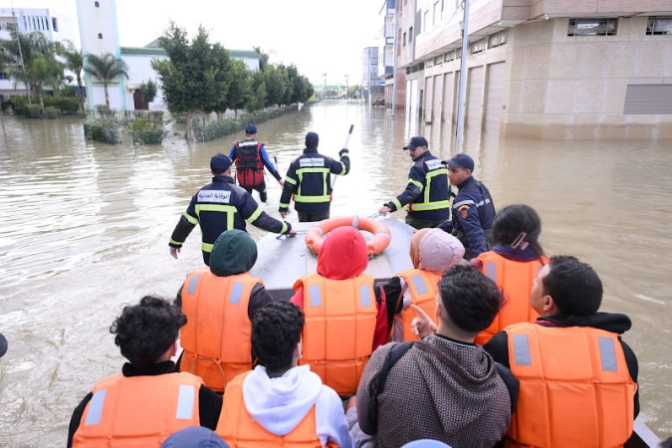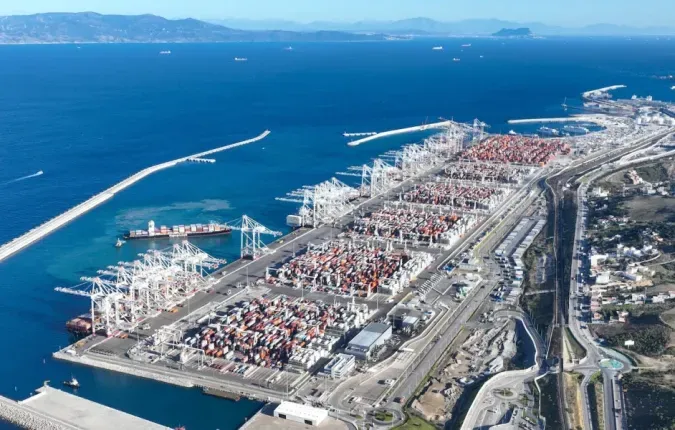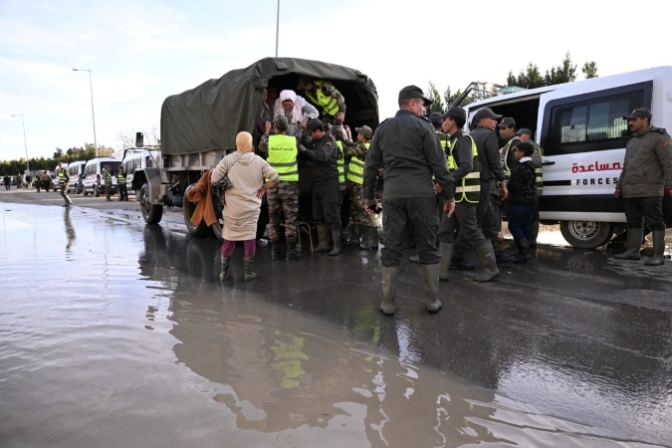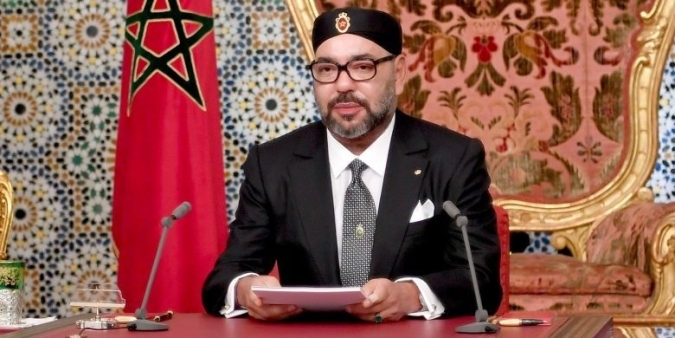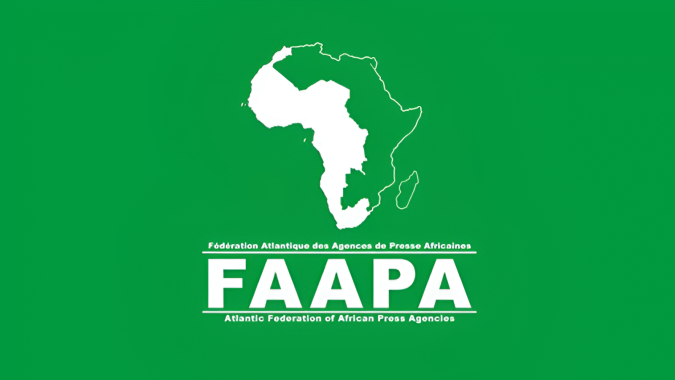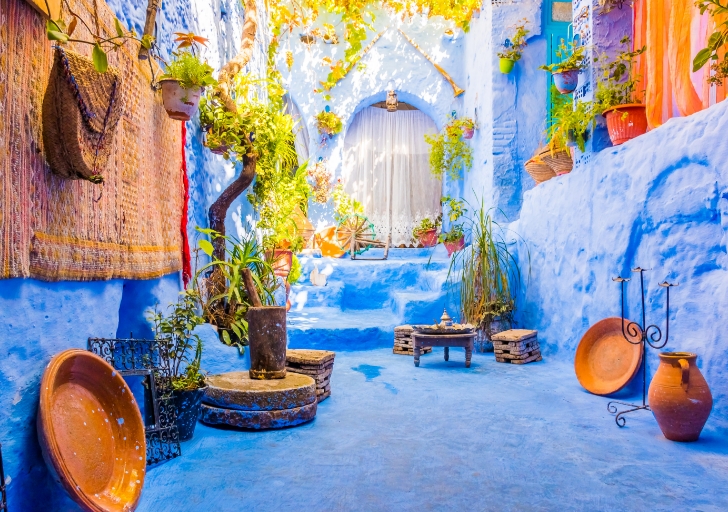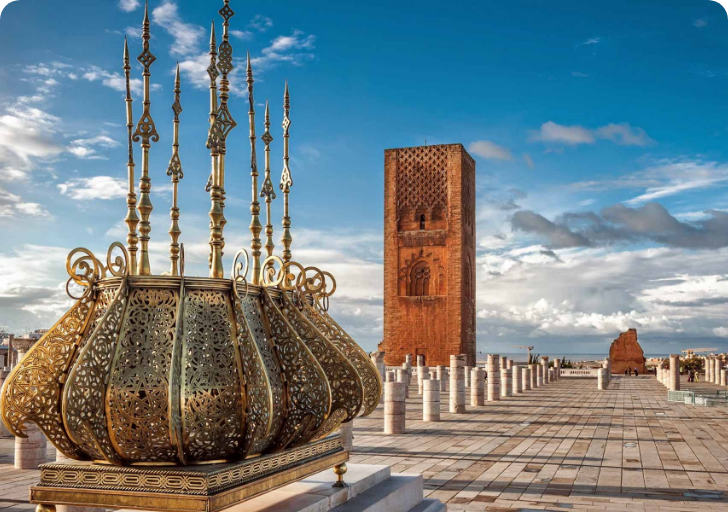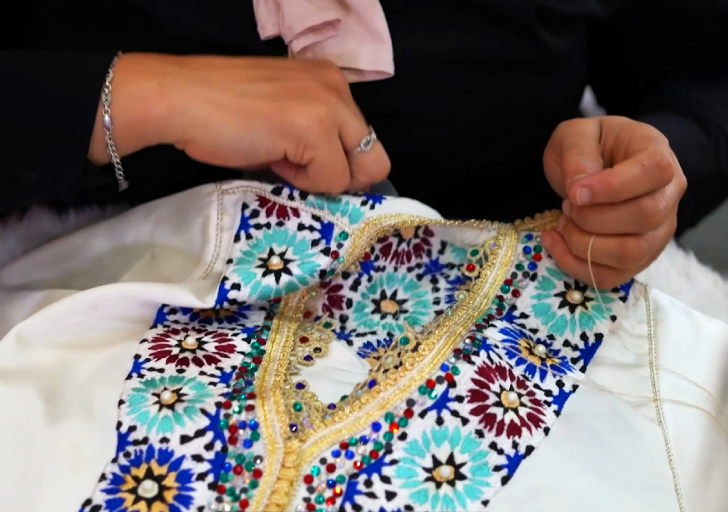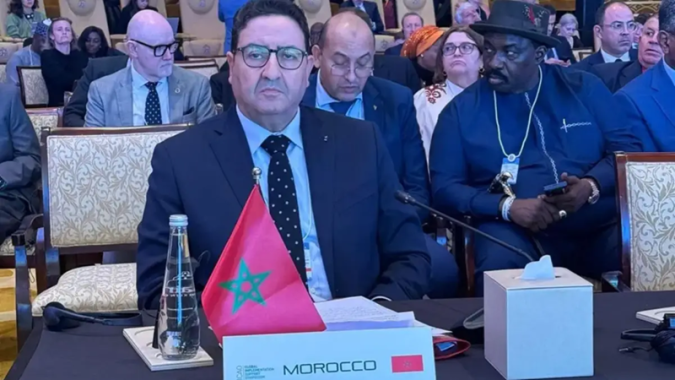
Morocco, thanks to its geographical position and ongoing commitment, has made cooperation with landlocked countries, particularly in Africa, a strategic priority of its cooperation policy, Minister of Transport and Logistics Abdessamad Kayouh said on Tuesday in Awaza, Turkmenistan.
“In a spirit of solidarity and shared development, Morocco continues, under the wise leadership of His Majesty King Mohammed VI, to provide concrete support to landlocked African countries through strengthening South-South and triangular development projects, effectively contributing to improving the livelihood of beneficiaries and strengthening their development capacities,” Kayouh emphasized during the plenary session of delegations participating in the 3rd United Nations Conference on Landlocked Developing Countries, held until August 8.
This commitment has been reflected through several initiatives, notably the Royal Initiative aimed at granting Atlantic Ocean access to Sahel countries, he noted, recalling that this initiative eyes a new framework for cooperation and joint development, by sharing Moroccan experience in infrastructure.
This initiative is part of the Royal vision for a united, stable, and prosperous Africa and constitutes a strategic lever for the economic transformation of the Sahel countries by strengthening their strategic independence and promoting their great potential, he said, adding that it is also a great opportunity to integrate these countries into global value chains, thus opening up new prospects for growth and human, social, and economic development for Africa.
This Moroccan approach to cooperation also tasks shape in several pioneering initiatives, such as the revitalization of the three Climate Commissions launched in 2016 at the African Action Summit, the Climate Change Competence Center, the Adaptation of African Agriculture to Climate Change (AAA) initiative, the initiative for Sustainability, Stability and Security in Africa (SSS), and the African Youth Climate Hub, he said.
The minister further expressed Morocco's welcoming of the adoption of the new Awaza Action Plan for the decade 2024-2034, which reflects a collective commitment to strengthening landlocked developing countries' international cooperation in connectivity, energy transition, and economic flexibility.
This conference stands as a crucial step in the development process of landlocked countries, ten years after the adoption of the Vienna Program of Action, according to the minister, with a view to assess progress made, commit to engage in strong partnerships and renew international support for the specific needs of these countries amidst a global context marred by multiple crises and growing tensions, he concluded.
Morocco is represented at this event by a delegation led by minister Kayouh, including Morocco's Permanent Representative to the UN Omar Hilale, the Kingdom's Ambassador to the Republics of Kazakhstan, Tajikistan, Turkmenistan, and Kyrgyzstan Mohamed Rachid Maaninou, as well as several diplomats and officials from the Ministry of Transport and Logistics.
(MAP: 05 August 2025)
